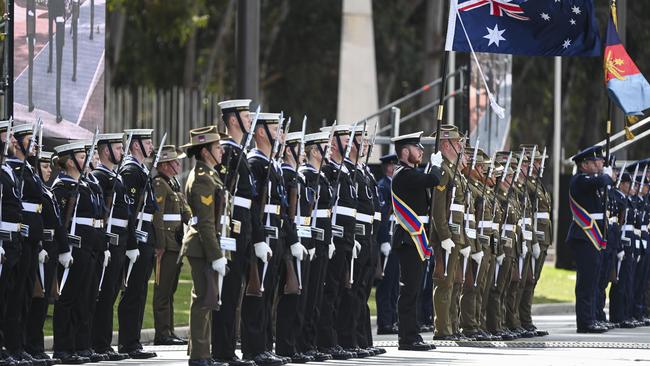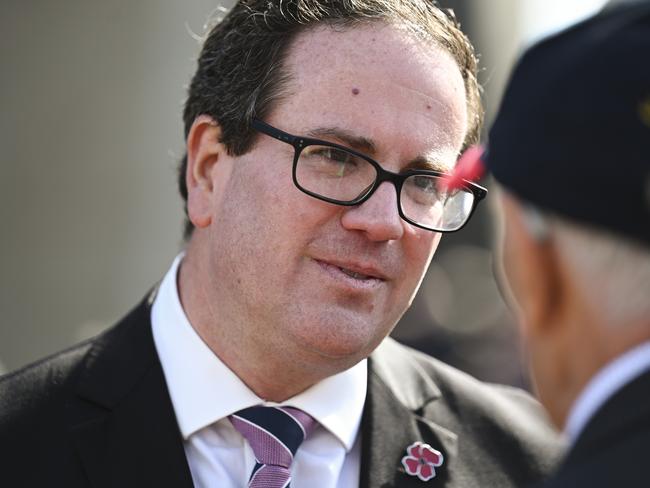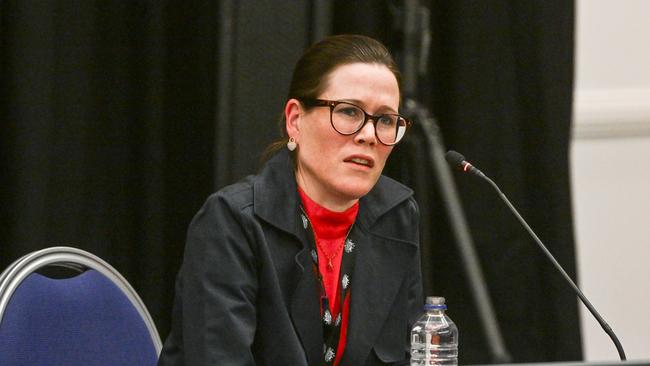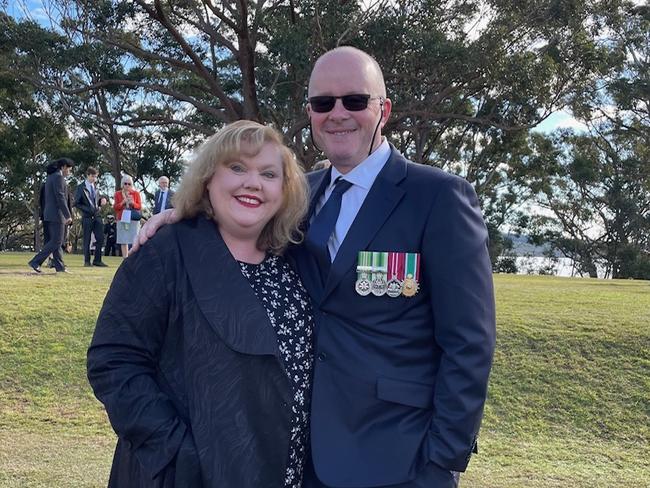DVA may face a class action after records secretly passed to university for 20 years
The medical files of up to 300,000 former military personnel were secretly shared with a university, it’s been revealed, opening the floodgates for a class action.
National
Don't miss out on the headlines from National. Followed categories will be added to My News.
The Department of Veterans’ Affairs faces a class action by up to 300,000 ex-military personnel for secretly passing their medical files to a university over a 20-year period.
Gordon Legal is investigating the potential legal action over the DVA’s Medicines Advice and Therapeutics Education Services (MATES) program that quietly shared records of veterans and their families with the University of South Australia.
The sharing of the files to researchers was ostensibly to improve targeted health services and medicines to the ex-military community.
The files included medical histories such as mental health diagnoses, pregnancy terminations, sexual health diagnoses, surgeries and alcohol and drug addiction issues.

The MATES program was shut down this week by the Veterans’ Affairs minister Matt Keogh.
Seb O’Meara, who is the Gordon Legal lawyer heading the action, said it had filed a representative complaint with the Information Commissioner on behalf of all those affected by the disclosures.
“Our investigation will look at legal options to protect the privacy of veterans and their families and attempt to rectify these injustices. The investigation will also consider
avenues for compensation,” he said.

The MATES program was launched in January 2004 with most veterans unaware their files were being passed to third parties.
In April last year, the Privacy Commissioner found, via a complaint by a veteran, that the DVA had “interfered” with their privacy by passing on the files and that person was awarded $5000 in compensation.
Earlier this month the DVA’s Human Research and Ethics Committee withdrew approval of the program, which was discontinued by the department on February 12.

DVA Secretary Alison Frame said she was aware of concerns in the veteran community particularly after the program was axed but stressed there was no data breach.
“It is important to note that there has not been any unauthorised access of veteran data,” she said.
“The data has not been made available publicly or for nefarious purposes. DVA only ever provided client data for the purposes of MATES to a trusted organisation, the University of South Australia (UniSA) under strict data security and access policies.”
Ms Frame said the transfer of files was done in a secure and controlled manner and stored by the university in a similar manner.

Julie Anderson, the wife of a soldier who served in the Gulf War, said of greatest concern was the DVA’s apparent disregard for a veteran’s right to choose for their files to be passed on.
She has been liaising with several ex-ADF personnel about the issue.
“The DVA could have sought their informed consent at any time; not once did it do this in the two decades that the MATES Program was in operation,” she said.
The class action follows a civil claim launched in the Federal Court of South Australia in November last year by four veterans caught up in MATES seeking $5 million compensation.
More Coverage
Originally published as DVA may face a class action after records secretly passed to university for 20 years




